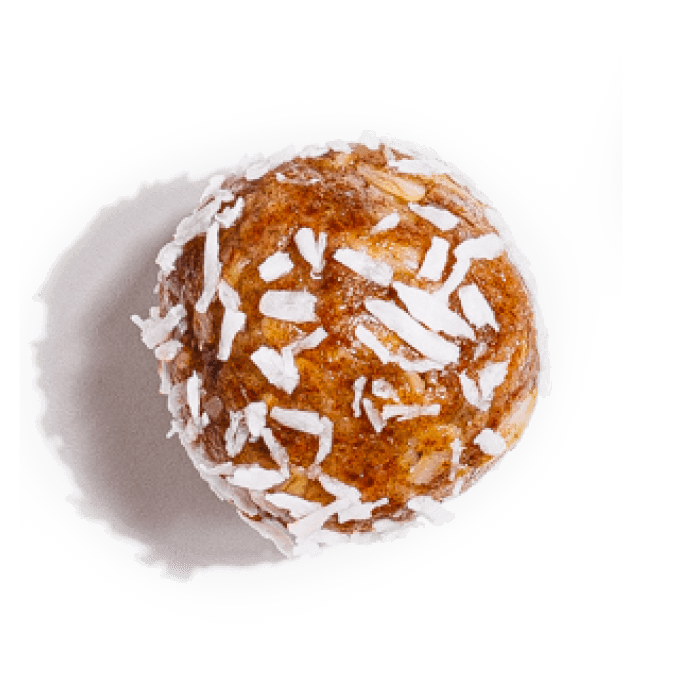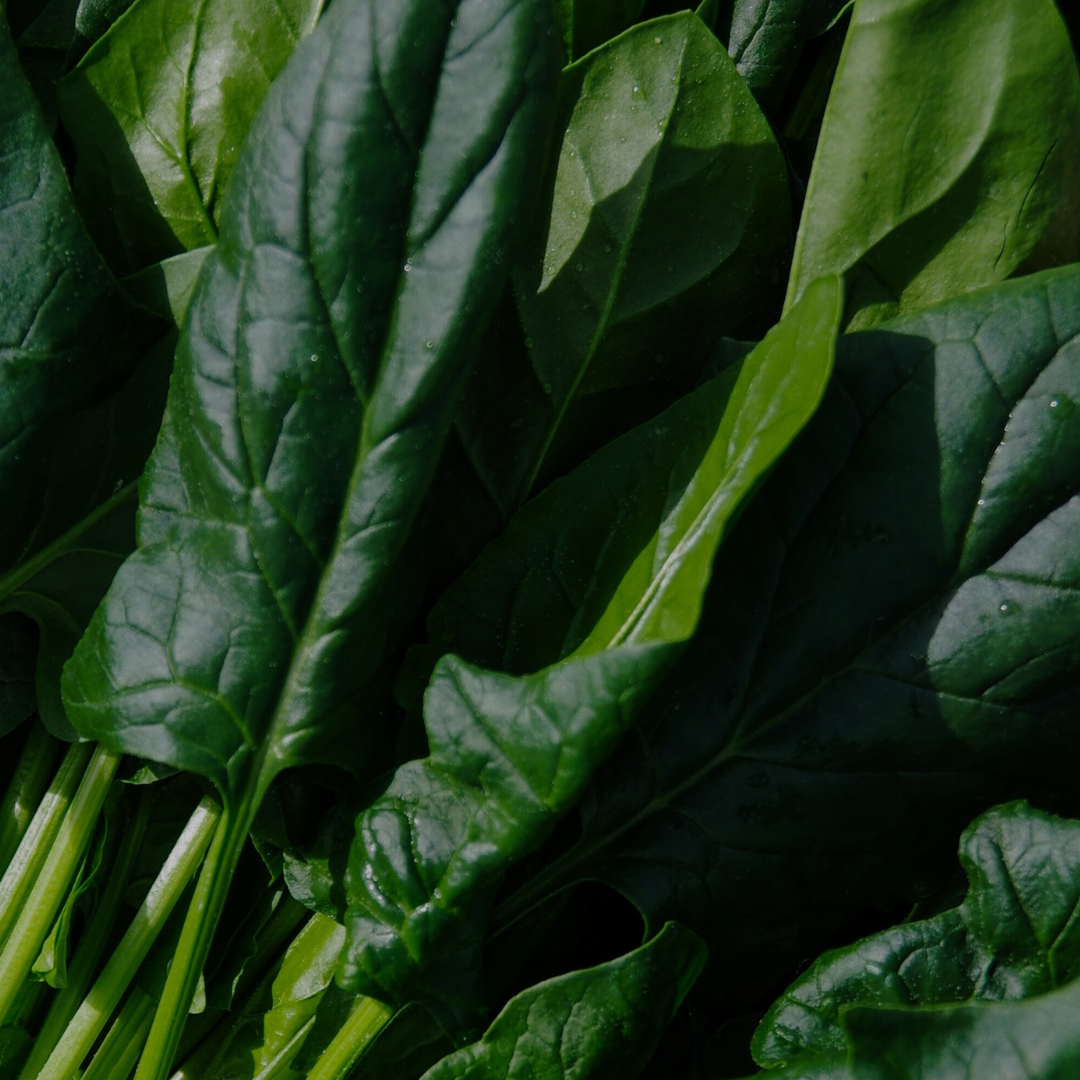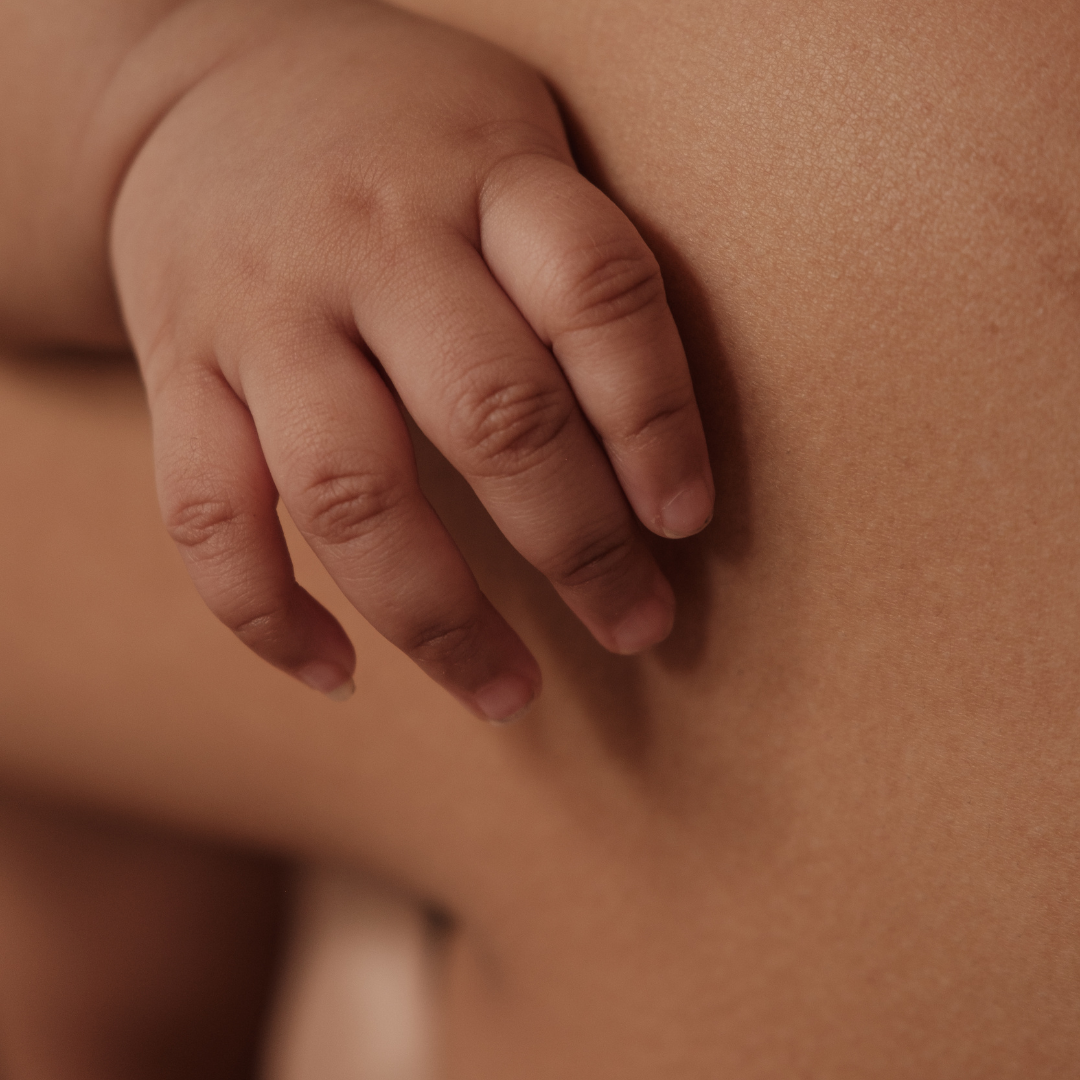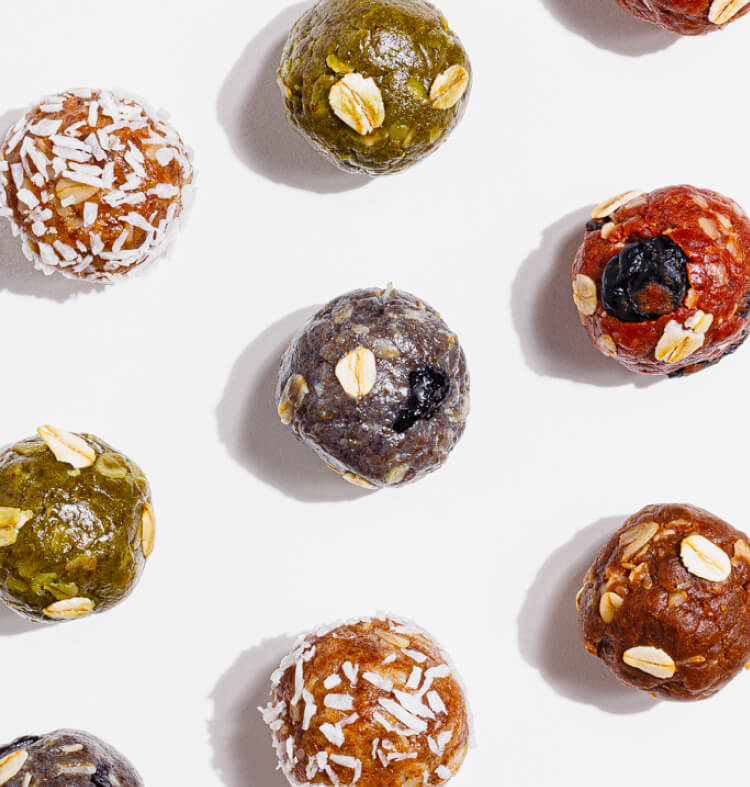By: Louise Gottsche
It’s the season of celebrations and with it comes excitement, reflection and stress for Mamas! In the spirit of reflection we wanted to celebrate YOU and the remarkable changes your body went through to create life. It is worth celebrating all mamas!
Why? Because our bodies go through a remarkable number of changes during pregnancy and the incredible process of giving birth. A mother's body change again postpartum whilst making breast milk, often called liquid gold. It is called liquid gold, because it provides nutrients required for healthy infant growth and development1 as well as other components to build and support baba’s immunity.2
Pregnancy brings joy, excitement and sometimes fear. And this is normal, because becoming a mom changes a woman's life forever on so many levels.
4 ways being a mom changes you
Rounder curves
Everyone knows that a woman’s body changes physically during pregnancy. And this so that it can meet the physiological needs of her unborn baby. Her body will adapt to support the growth of her baby by supplying nutrients and oxygen to baby via the placenta.3
Curves grow rounder as mama gains weight. But it is not all fat or an increase in maternal water stores! Weight gain is also because of baby, the placenta, the amniotic fluid as well the growth of uterine and mammary tissue. After delivery, each body composition component changes in a different way with variable postpartum weight loss and amounts.4
Other physiological changes
Cardiovascular system changes in pregnancy are profound. By the eighth week of gestation, mamas' cardiac output has already increased by 20%. There is an increase in maternal heart rate (10–20 bpm). Blood pressure decreases in the first and second trimesters but then increases to non-pregnant levels in the third trimester.5
Pregnancy is often accompanied by a subjective feeling of breathlessness. This is physiological and is present at rest or while talking and may paradoxically improve during mild activity. There is a significant increase in oxygen demand during normal pregnancy. This is because mamas metabolic rate and oxygen consumption increases significantly.5
Metabolism and nutrient requirements
Nutrient requirements during pregnancy and lactation are higher than mama’s pre-pregnancy state. Mama’s body also needs nutrients for postpartum recovery. The additional nutrients should ideally come from a nutrient dense diet as it is more likely that the diet will provide the additional micronutrients required.
The iron requirement for pregnant women for example is two times more because iron is required for the synthesis of haemoglobin (responsible for carrying oxygen in red blood cells), but also for the fetus and the production of certain enzymes.5
How nutrients are metabolised during pregnancy is also slightly different. For example, the consumption of carbohydrate and the subsequent metabolism thereof ensures that enough goes to the fetus to promote development, whilst maintaining adequate maternal nutrition.5
Mental health
Pregnancy and childbirth brings plenty of physiological changes, but a mother’s psychological and social functioning also changes. During pregnancy a woman's position and role gains new qualities. To a greater or lesser degree, every expectant mama experiences psychological ambivalence and frequent mood changes from exhaustion to exaltation. From a psychosocial aspect, pregnancy could be considered a highly emotional state and possibly a major stressor.6
It's always a good time to reflect and appreciate all of these changes mama! You are special! And you are important to your baby. Make sure you take good care of your body so that you can take good care of baby.
References:
- Hennet, T. & Borsig, L., 2016. Breastfed at Tiffany’s. Trends in Biochemical Sciences, pp. 41(6): 509-518.
- Moirasgenti, M., Doulougeri, K., Panagopoulou, E. & Theodoridis, T., 2019. Psychological stress reduces the immunological benefits of breast milk. Stress and Health, p. 35:681–685.
- Meo, S. A. and Hassain, A. 2016. Metabolic Physiology in Pregnancy. J Pak Med Assoc. 66(9 Suppl 1):S8-S10.
- Cho, G.J.; Yoon, H.J.; Kim, E.; Oh, M.; Seo, H.; Kim, H. 2011. Postpartum Changes in Body Composition. Obesity, 19:2425–2428. doi:10.1038/oby.2011.163.
- Soma-Pillay, P.; Nelson-Piercy, C.; Tolppanen, H.; Mebazaa, A. 2016. Physiological changes in pregnancy. Cardiovascular journal of Africa. 27(2). 89-94.
- Bjelica, A.; Cetkovic, N.; Trninic-Pjevic, A.; Mladenovic-Segedi, L. 2018. The phenomenon of pregnancy— a psychological view. Ginekologia Polska, 89(2):102–106.







